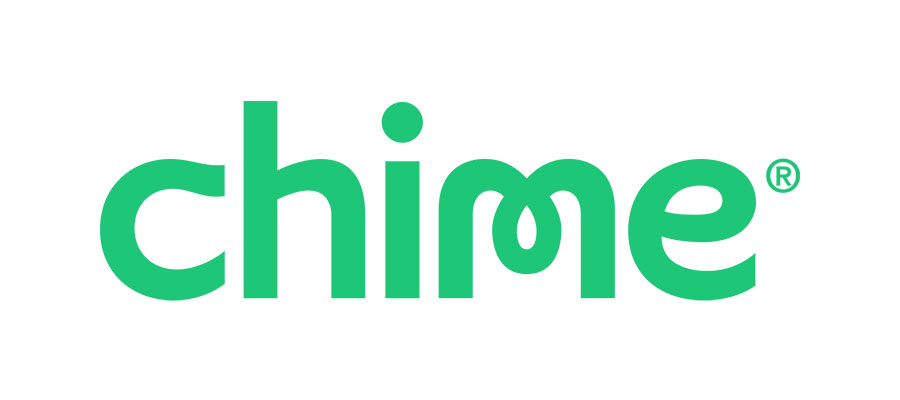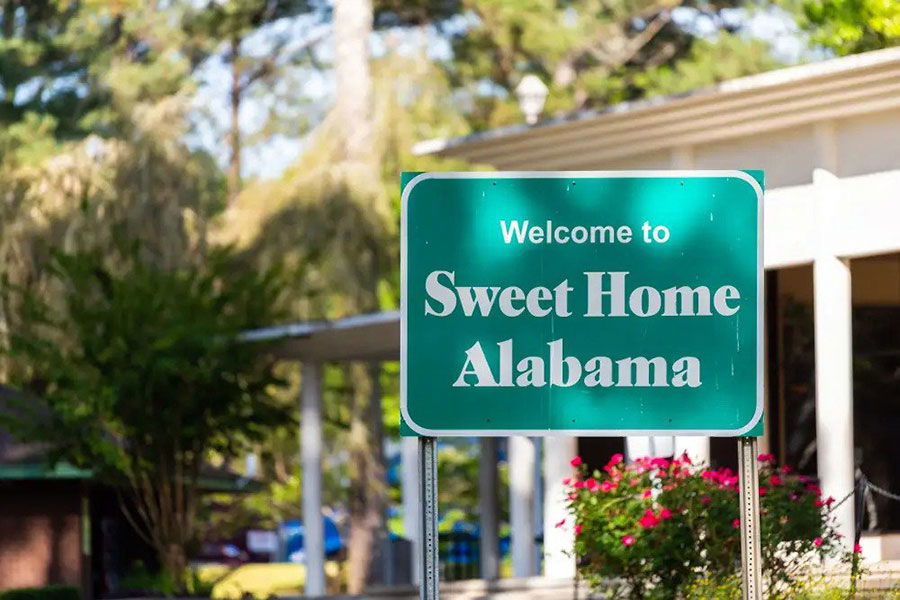Finding the right bank in Arkansas isn’t just about convenience—it’s about getting the best features for your financial needs. Some banks focus on low fees and competitive interest rates, while others prioritize in-person service or digital tools.
Whether you’re looking for a high-yield savings account, a bank with a strong local presence, or an online option with nationwide perks, there’s a solid choice for you.

10 Best Banks in Arkansas
We’ve evaluated banks based on fees, account options, accessibility, and customer service. Here are the best banks in Arkansas for checking, savings, and more.
1. U.S. Bank
U.S. Bank offers a wide range of banking services, including various checking and savings account options, credit cards, mortgages, and other financial services.
2. SoFi
SoFi is a strong online banking option for Arkansas residents who want high interest rates and low fees.
3. Bank OZK
Based in Little Rock, Bank OZK is one of the top regional banks in Arkansas, with more than 340 branches across eight states.
4. Chime®
Chime® offers a convenient online banking experience for Arkansas residents with no monthly fees, no minimum balance, and no opening deposit requirements.
5. Capital One
For a large, reputable banking solution, Capital One might make sense. While there are no physical branches in Arkansas, Capital One makes it easy to open and manage bank accounts online or via the mobile banking app.
6. Regions Bank
Regions Bank is a well-established regional bank with 82 branches across Arkansas. You’ll find locations in cities like Bentonville, Conway, Fayetteville, Fort Smith, Hot Springs, Jonesboro, Little Rock, North Little Rock, and Springdale.
7. First Arkansas Bank & Trust
Also known as FAB&T, First Arkansas Bank & Trust is a solid choice if you’re looking for a local bank. There are many local branches and ATMs throughout Arkansas in cities like Cabot, Higden, Jacksonville, and Sherwood.
8. Arvest Bank
Headquartered in Bentonville, Arvest Bank is considered the oldest bank in Arkansas. It’s also the largest regional bank in the state, with $12 billion in in-state assets.
9. Chase Bank
Chase Bank has a strong footprint in Arkansas, especially in the Little Rock area, and is backed by a nationwide network of over 4,700 branches and 16,000 ATMs.
10. Bank of America
With Bank of America, you can enjoy the benefits of a large bank and access to in-person banking.
How to Choose the Best Bank in Arkansas
Choosing among the best banks in Arkansas means weighing different aspects meticulously. Here are some factors to consider:
- Products: Some banks offer a greater selection of products than others. If you’d like to stick to one bank for all of your financial needs, you’d be better off with a larger bank that can provide you with checking accounts, savings accounts, loans, retirement accounts, and more.
- Fees: The reality is, many banks charge fees, like monthly maintenance fees and overdraft fees. Since fees can interfere with your financial goals, look for a bank that’s known for minimal to no fees. Typically, online banks charge fewer fees than brick and mortar banks because they have lower overhead costs.
- Online and mobile banking: These days, most banks and credit unions let you open and manage deposit accounts and other accounts online or through a mobile banking app. If online and mobile banking are crucial for you, focus on a bank that offers it.
- Reputation: Just because you find a bank with a website or in-person branches doesn’t mean it’s reputable. Do your own research and go with a bank that has high ratings and positive reviews from current and former customers.
- FDIC insurance: While a bank failure is unlikely, it’s certainly a possibility. For this reason, you should choose a bank that’s insured by the Federal Deposit Insurance Corporation.
- Customer service: Chances are you’ll have a question or concern at some point. Find a bank that offers excellent customer service and gives you multiple ways to go about receiving it.
Bottom Line
Choosing the right bank in Arkansas comes down to what matters most to you. If low fees and high interest rates are a priority, online banks might be the best fit. If you prefer in-person service, a regional or national bank with branches across the state could be a better option.
No matter which bank you choose, make sure it fits your financial habits and long-term goals. Compare account features, fees, and accessibility before making a decision. If your needs change, don’t hesitate to switch to a bank that offers better benefits.














